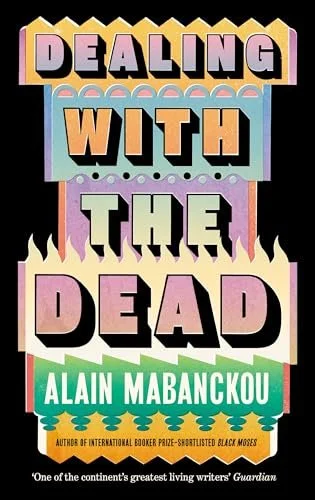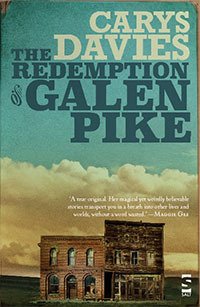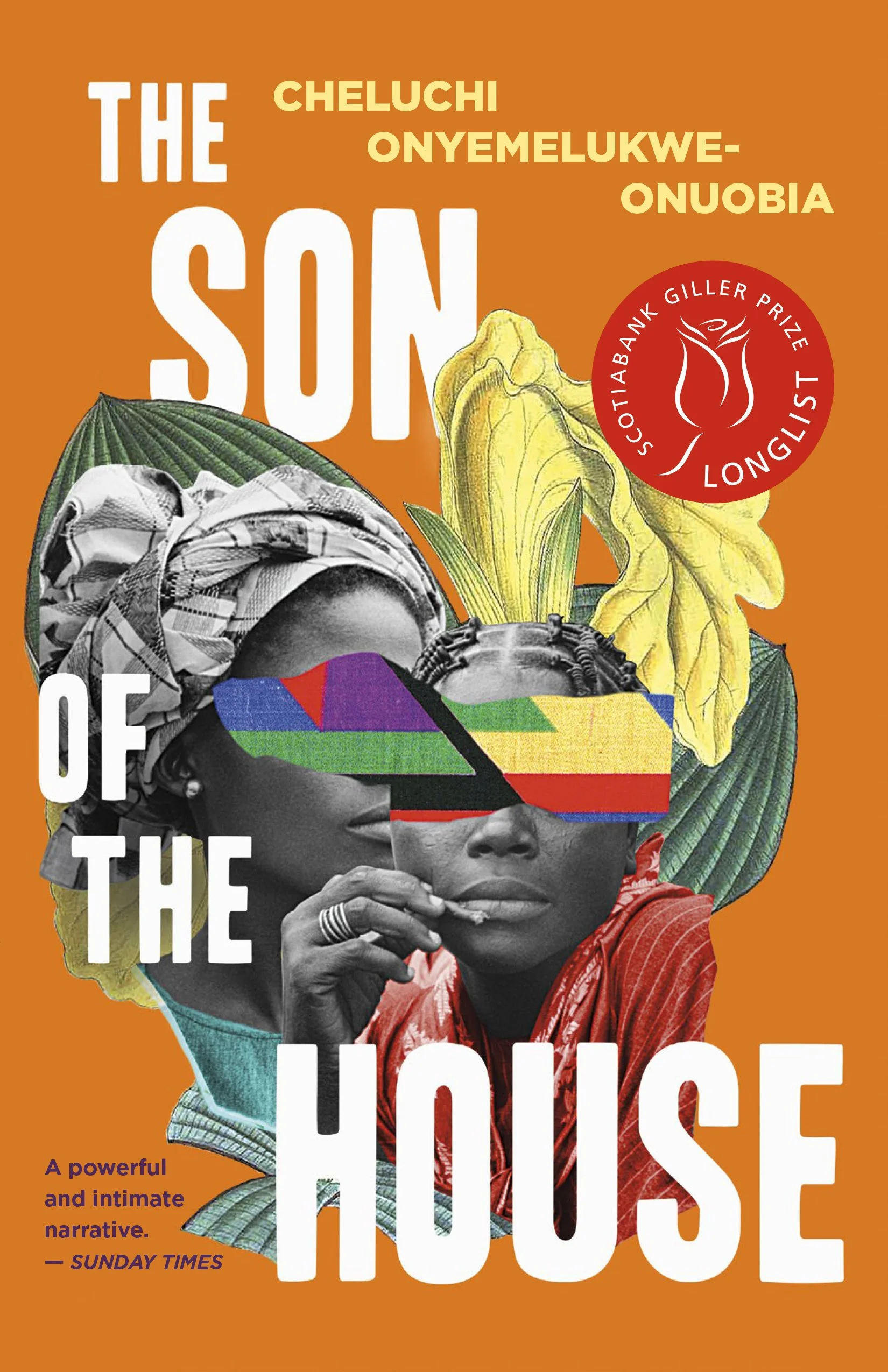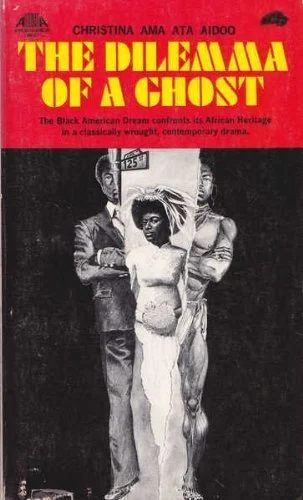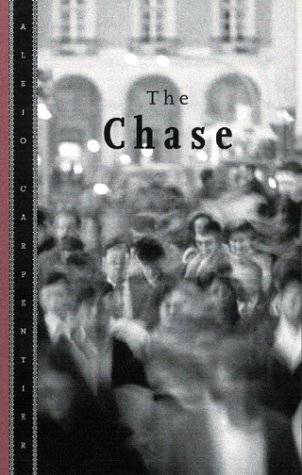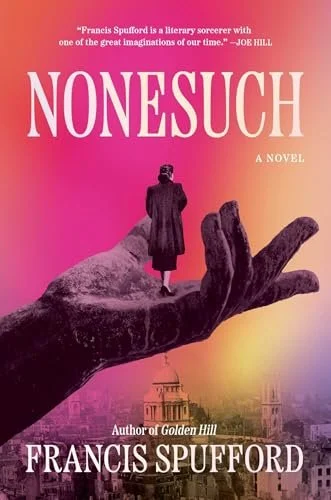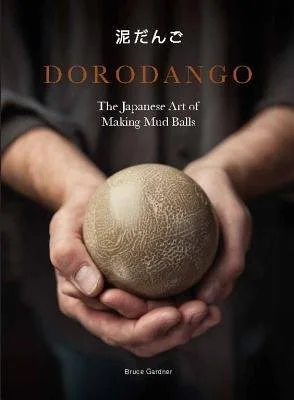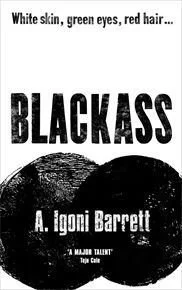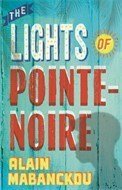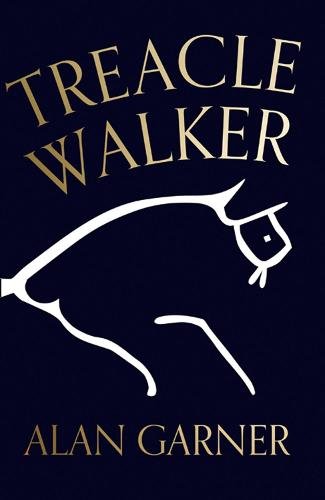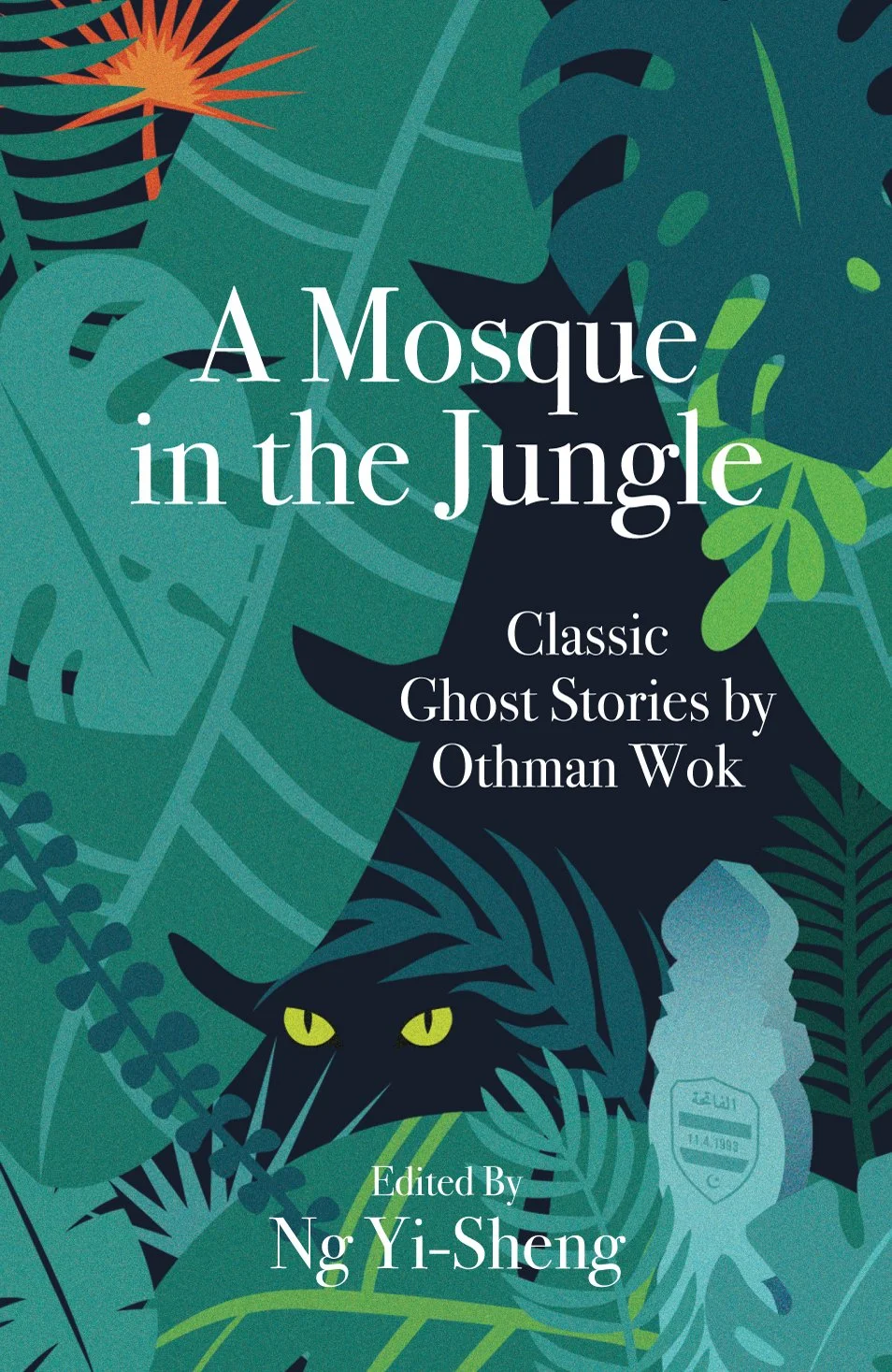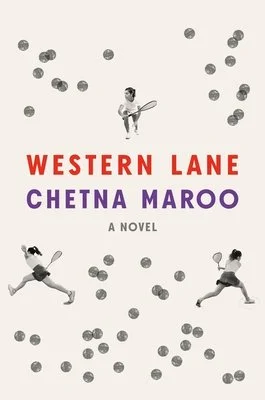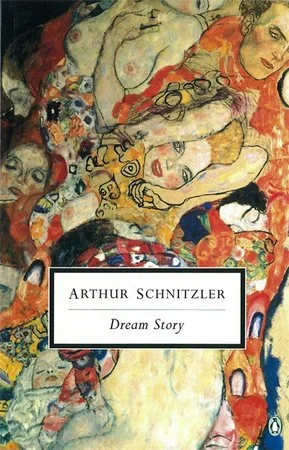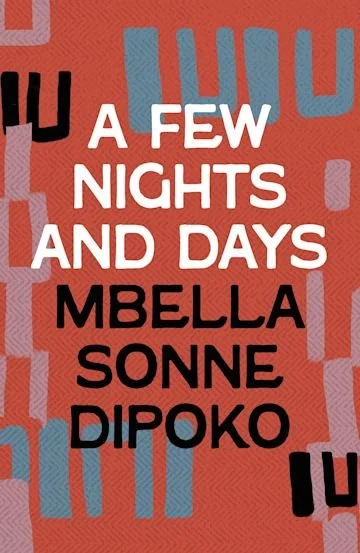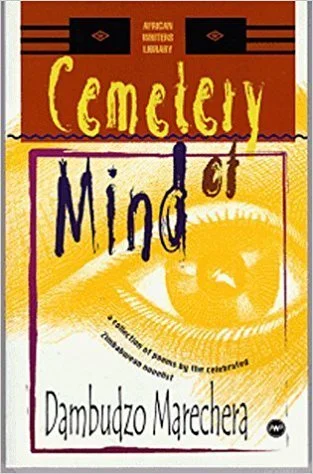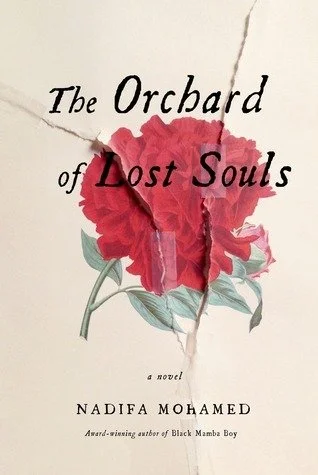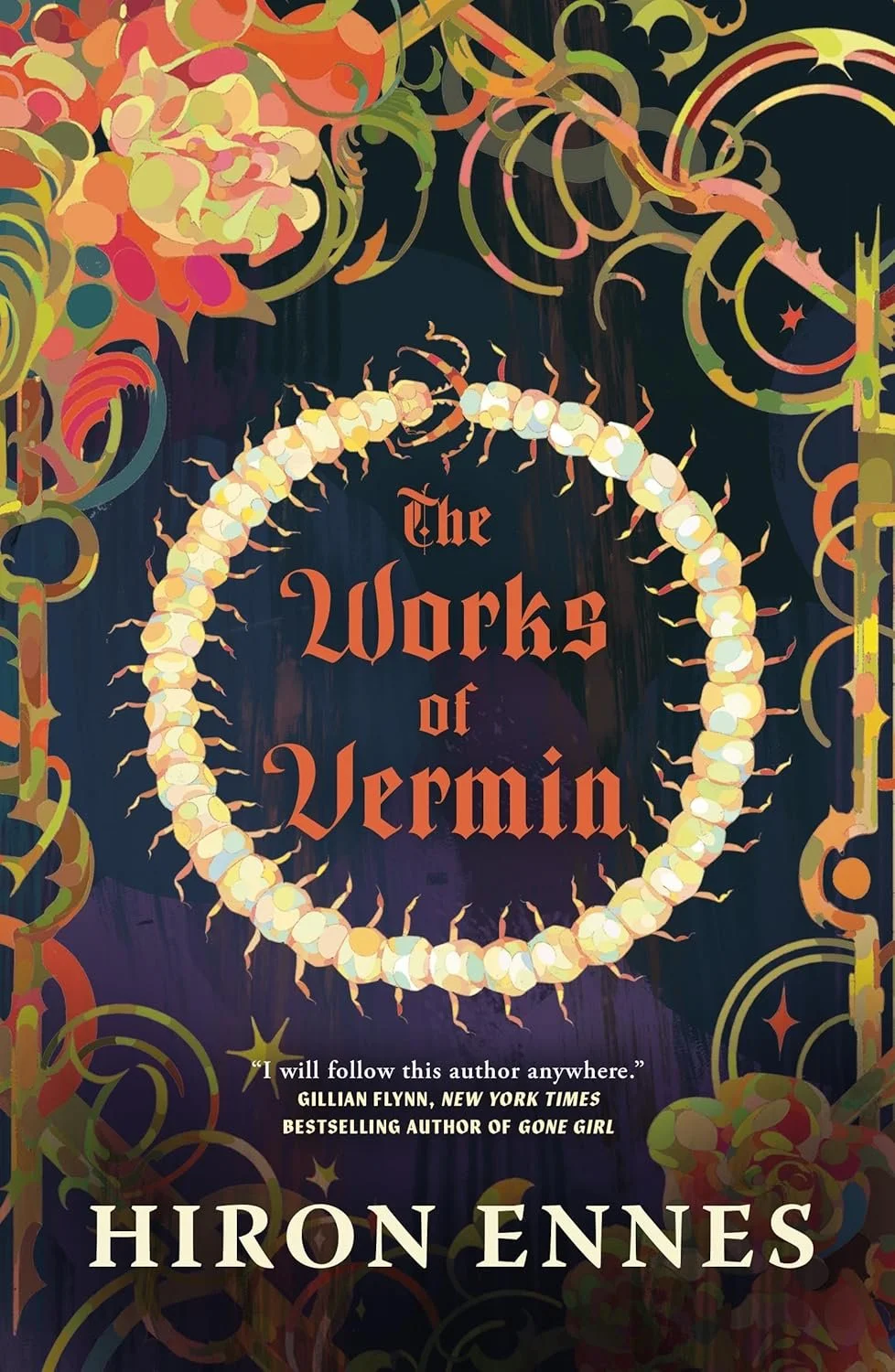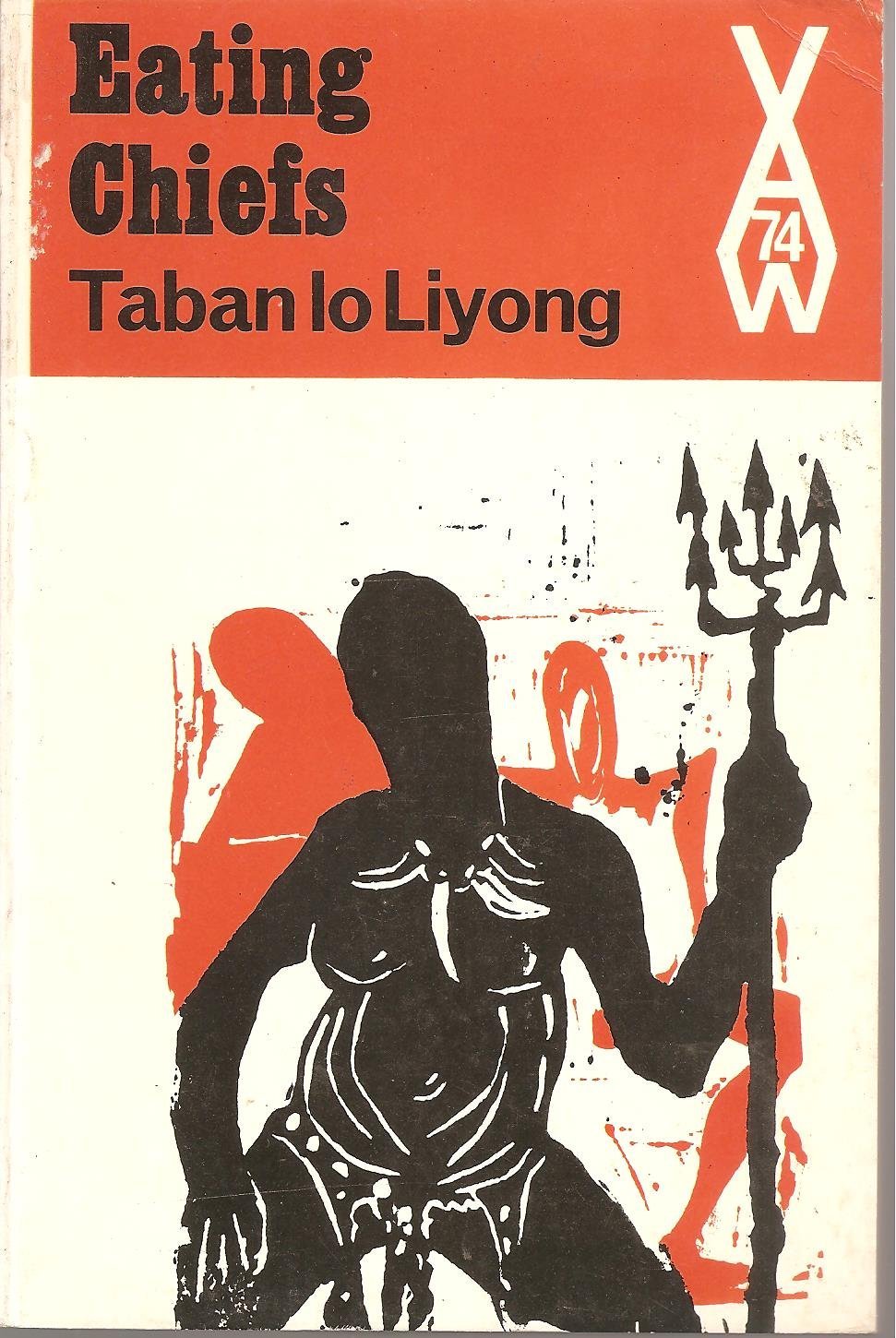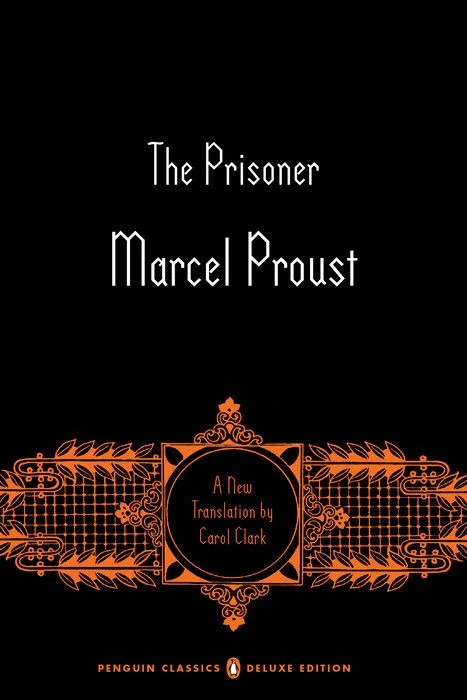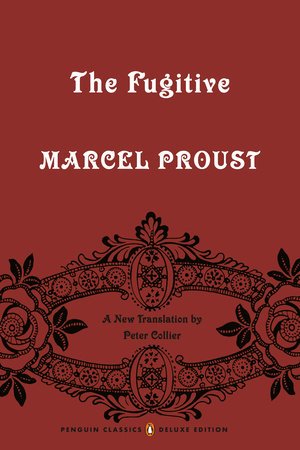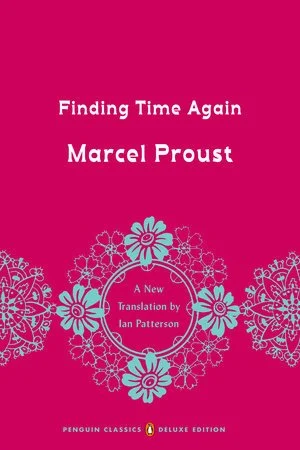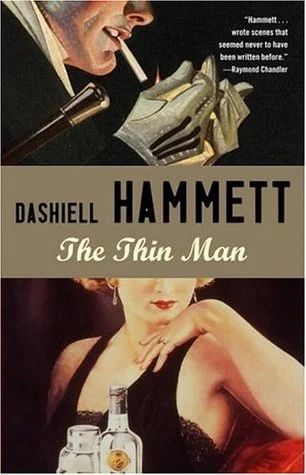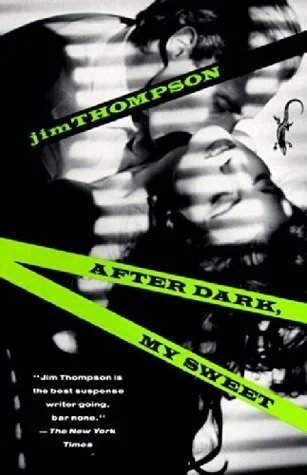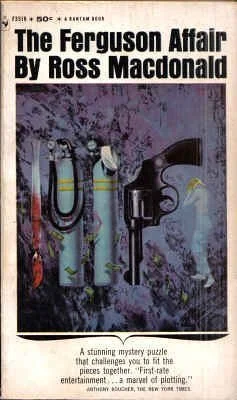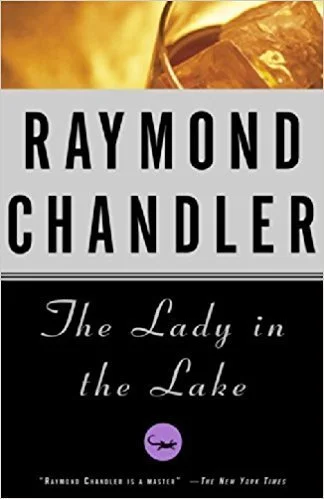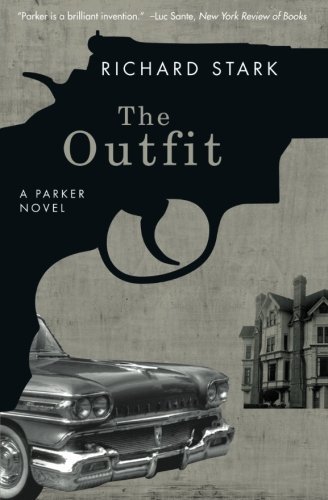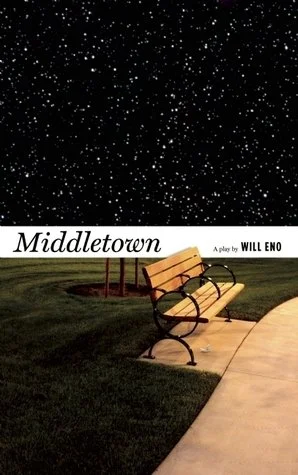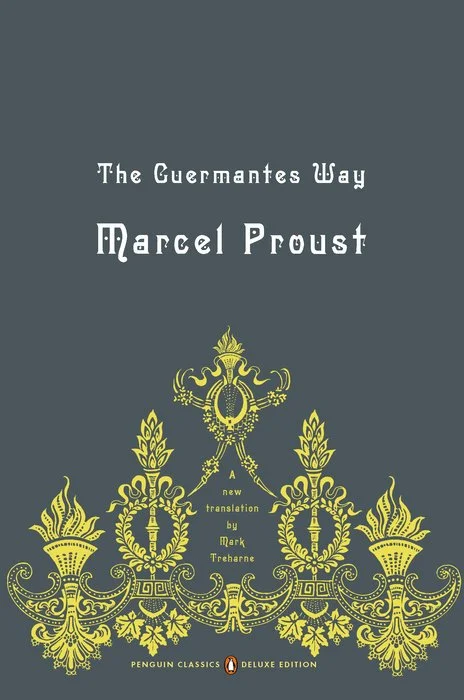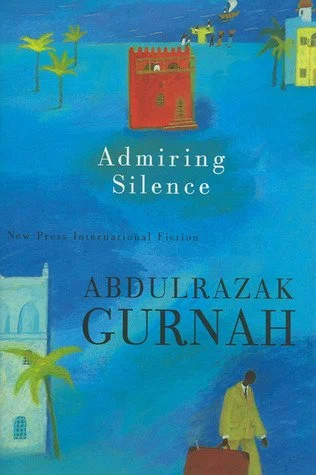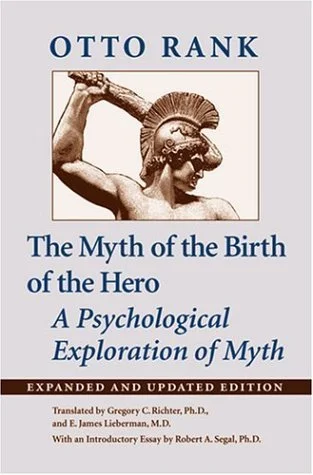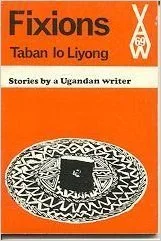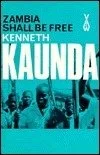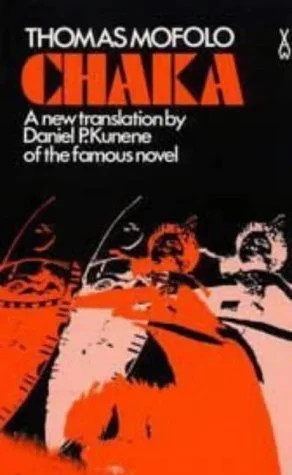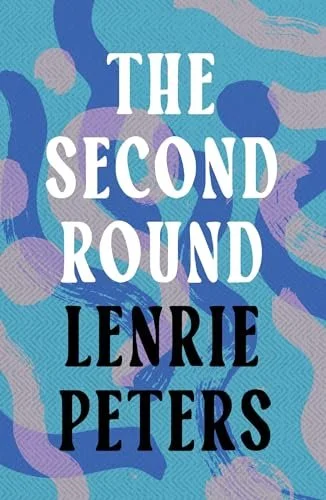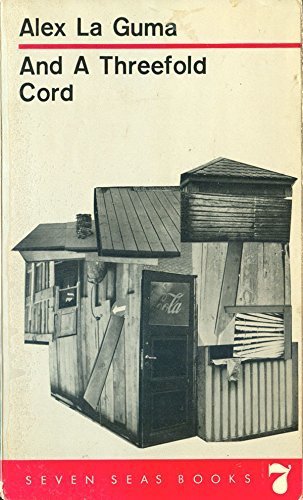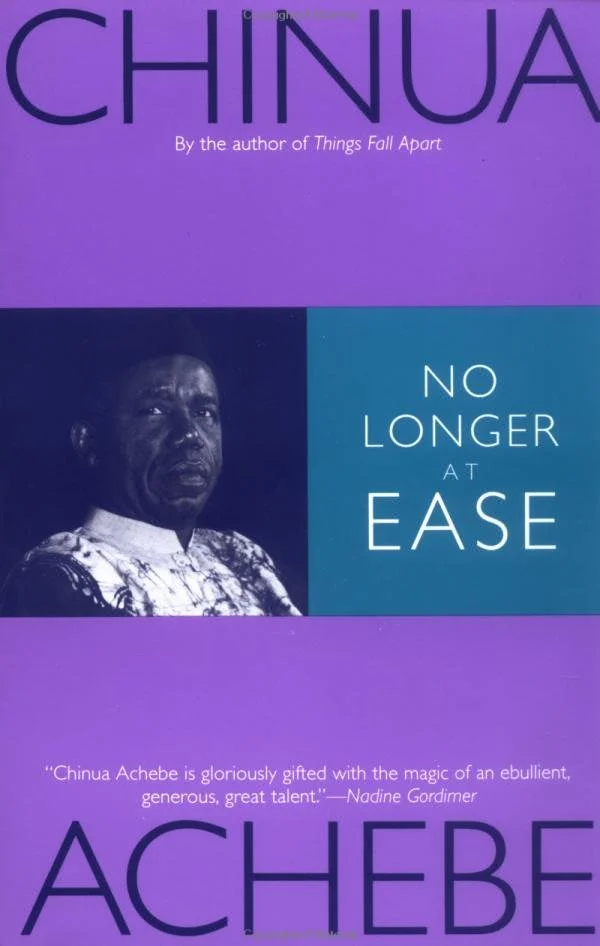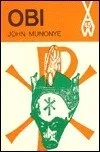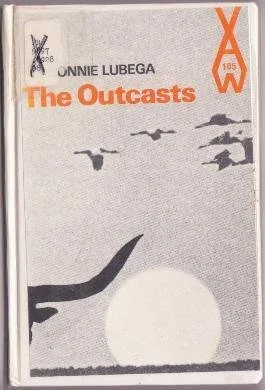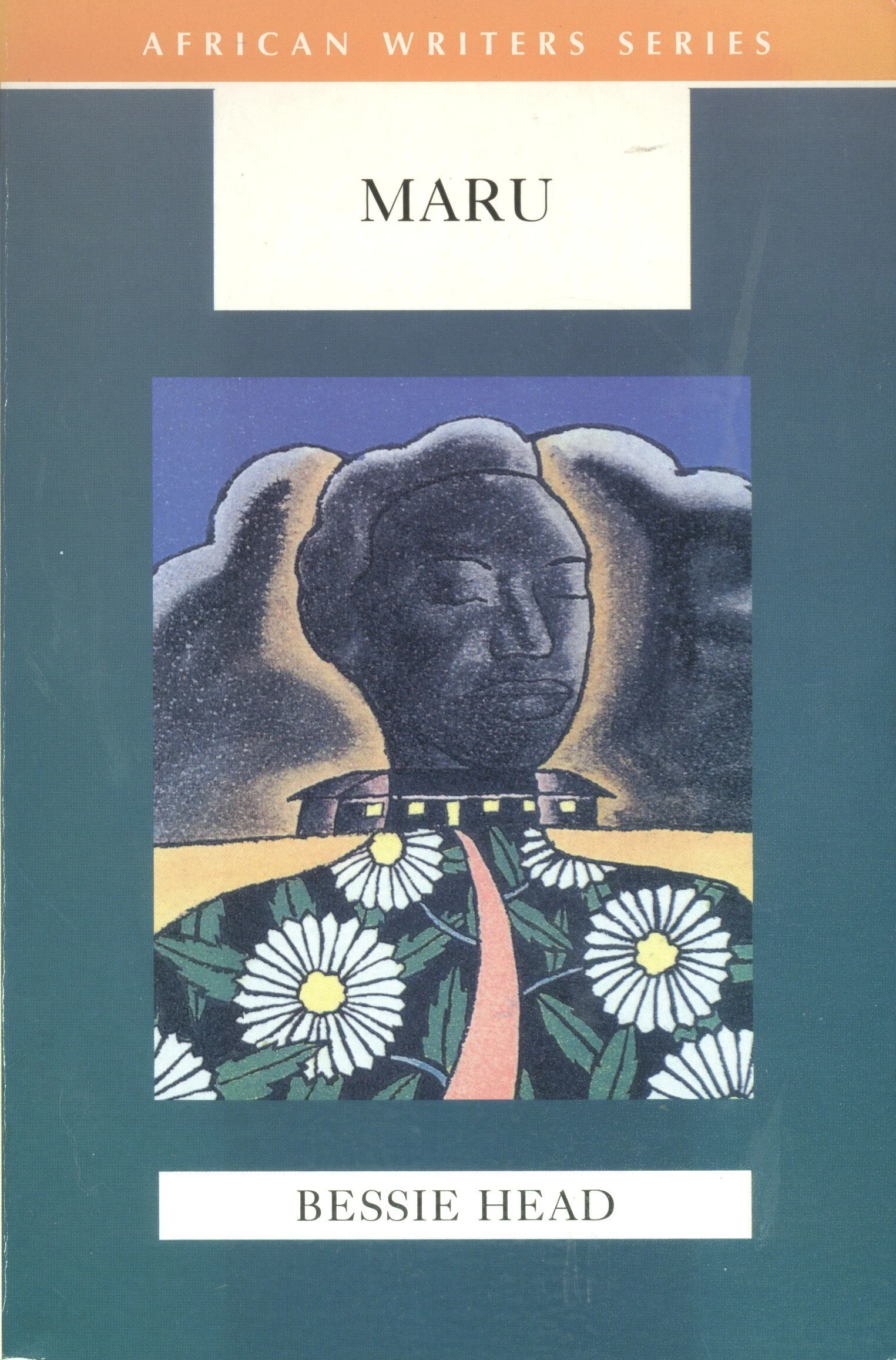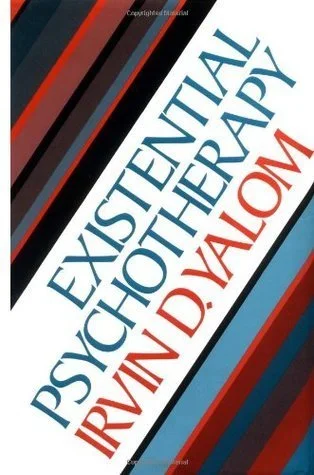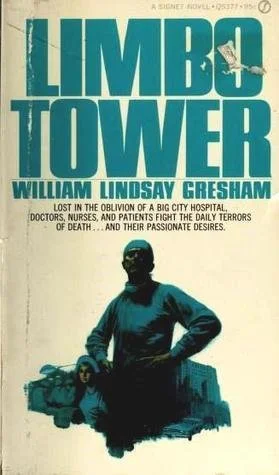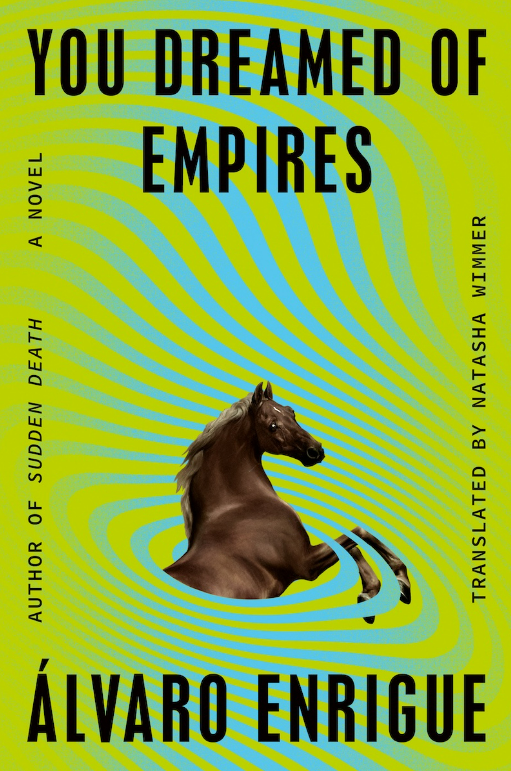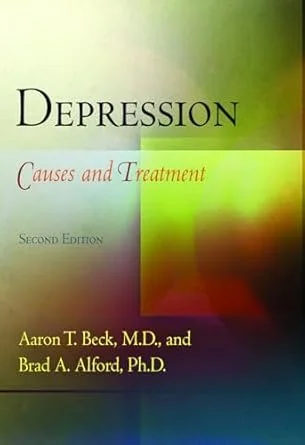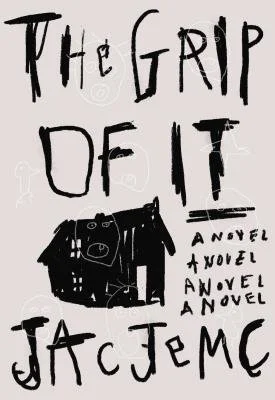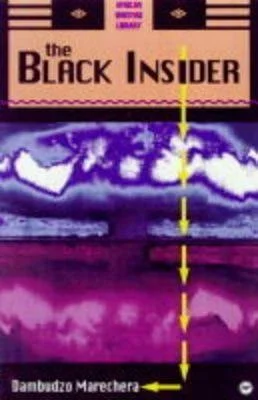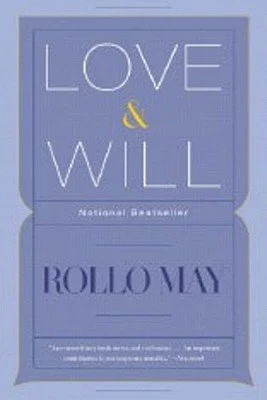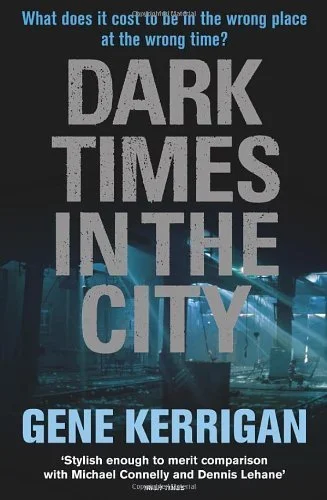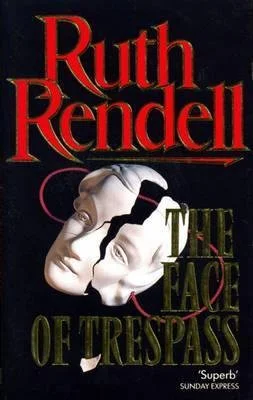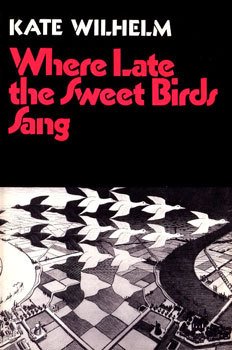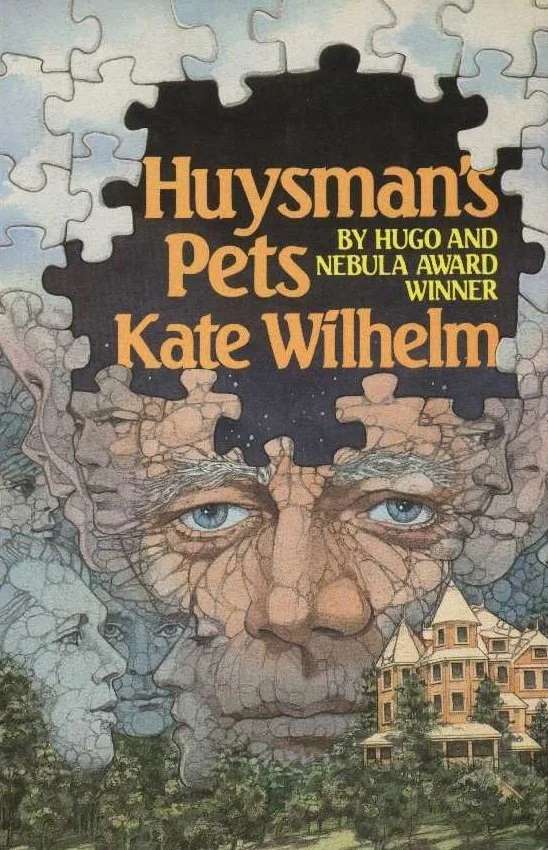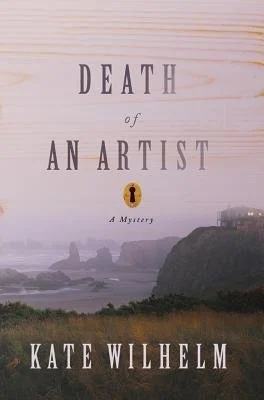Books I Read February 2nd, 2026
Alas, another week with a weak tally. I'll be kind to myself and attribute it being busy in other areas. In any event.
Dealing with the Dead by Alain Mabanckou – As told in the second person, a recently deceased ghost struggles to return to the land of the living, meets a menagerie of characters personifying Congolese history and society. I like Mabanckou quite a bit, his books are different but always lively, and the various asides which make up the narrative strange and compelling.
The Redemption of Galan Pike by Carys Davies – Short fiction about lost souls on the prairie in a style reminiscent of but slightly kinder than Flannery O'Connor. Carys Davies does not actually live out on the prairie (best as I can tell), and there is something slightly performative about these, but still they're pretty great, bitter when they're supposed to be bitter, funny when they're supposed to be funny, and everywhere surprising. A lot of great stings in these, particularly the eponymous. Definitely dug it, will read another one of hers shortly.
The Son of the House by Cheluchi Onyemelukwe-Onuobia – Two women find themselves bound together by kidnapping, an improbable past relation, and the patriarchal evils of Nigerian society. Realism interwoven with the occasional impossible arrangement of fate is very much a trend within modern African fiction (come to think of it, this is actually a pretty established subgenre across the planet at this point), with last month's The Orchard of Lost Souls being another example, and this is a confident example of that form.
The Dilemma of a Ghost by Ama Ata Aidoo – A man and his black-American bride return go Ghana, feud with his extended family. Again, the struggle between modernity and tradition was a (the) major concern of post-Colonial African literature, but Aidoo was a great talent, and the language here really sings. I need to pick up more by her.

